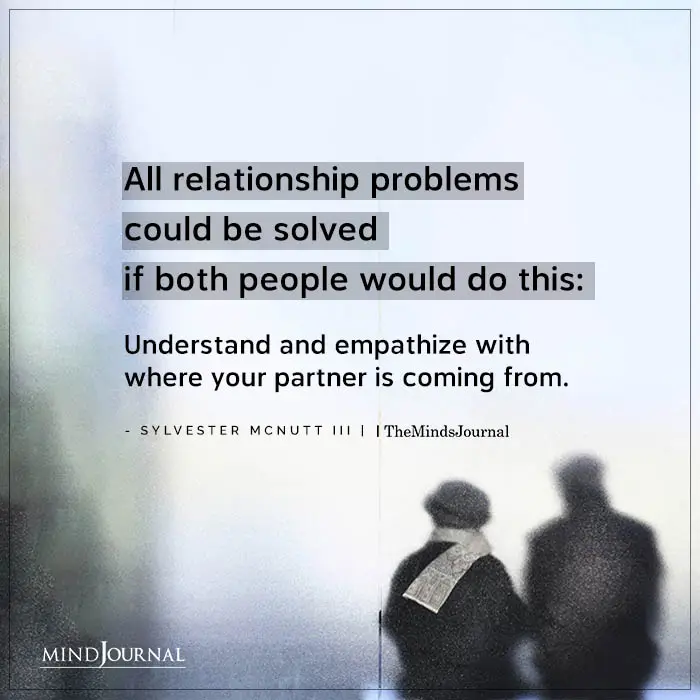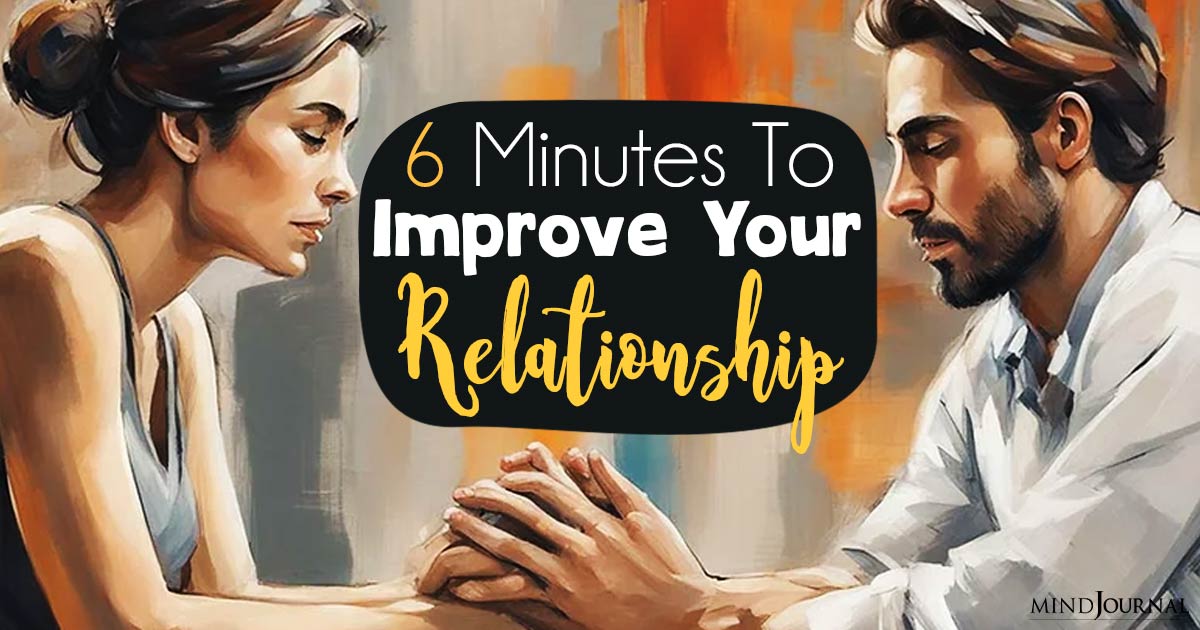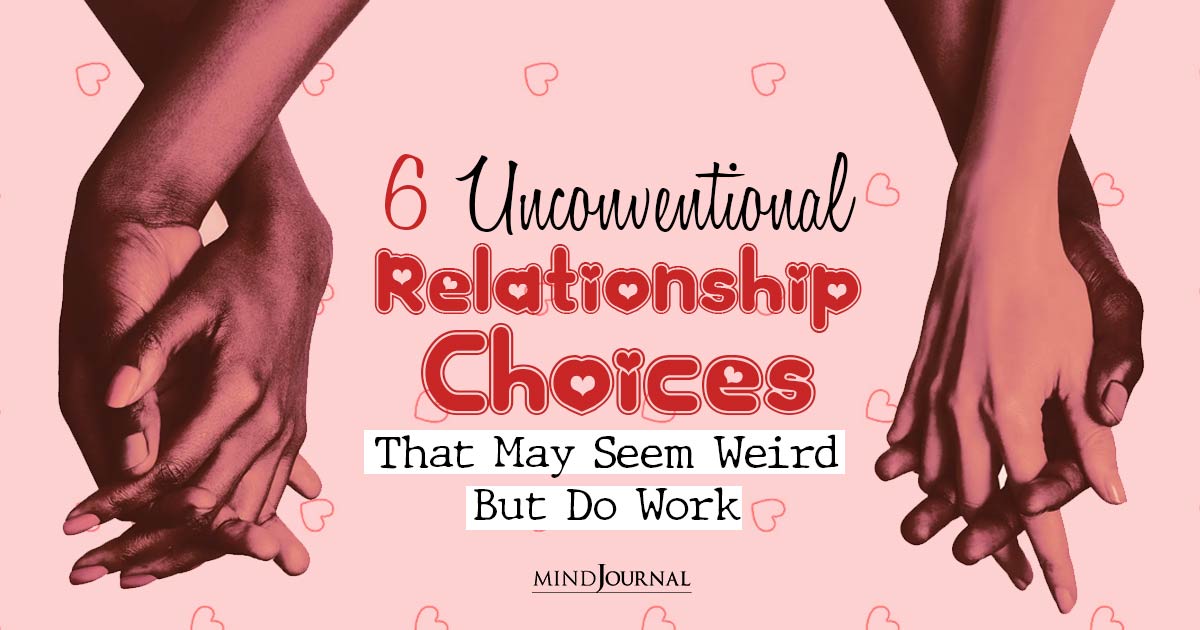Couples who are happy follow certain daily rituals to cultivate love. Read on to know why couple rituals important for long-lasting relationships and love.
Due to the daily pressures, distractions, and dynamics of modern life, a romantic couple doesn’t have to be dysfunctional to grow distant over time. Long working hours and the demands of raising children can push date night, sex, and romantic vacations to the last place on the priority list.
Researchers at UCLA observed 30 dual-career couples with young children to understand the daily challenges for finding opportunities to build strong relationships and families.
They discovered that these couples:
- Spend less than 10% of their time at home with each other and without their children around
- Are career-focused with long working hours (partner one) and a have a double burden of work and childcare (partner two)
- Prioritize children and household needs over the needs of their spouse or self
- Become more like roommates, drifting apart emotionally and physically
- Miss important opportunities to connect emotionally on a daily basis
With high expectations in our careers and relationships, yet little guidance on how to make love last, we are clearly struggling.
Only the intentional couple has a chance to deepen their emotional connection in order to bond over the years of their relationship.
Read 7 Relationship Mindsets That Keep You From Finding Love
Learning to Stand in Love
When we are falling in love we are often more intentional than married couples might be about going on dates, having intimate conversations to learn about each other, and making time for shared adventures.
It’s easy to fall in love, but much harder to stand in love, which requires intentionally creating moments of connection and intimacy. Here comes the role of couple rituals.
Perhaps a look at another realm of life can reveal an analogous secret to making this all work…
Successful business owners often share that their energy and time is far more important than money. It turns out that it’s how they choose to spend their time and energy that determines how much money they make.

The same is undoubtedly true for a person’s love life. It’s easy to let cell phones, TV, and other electronic devices drain our time and energy while we are home. Social media and TV shows are designed to entertain us by strategically offering the most captivating and shocking stories and memes. Mark Manson argues that “Smartphones Are The New Cigarettes.”
Just recently I was on my phone while my partner was talking about something important. I was skimming all the videos, articles, and quotes on my Facebook feed on how to be a better lover.
Read Falling In Love Is Easy, Keeping It Alive Isn’t: Mistakes We Make That Often Leads to A Heartbreak
It wasn’t until my partner said, “You’re not listening to me!” that I realized I was mindlessly sucked into my phone and half-heartedly listening to one of the most important people in my life.
See the irony?
Couples must stand against the urge to take the easy route of just passively letting things happen in their relationships. The sad truth of love is that if we do nothing to actively improve our romantic relationships, even without doing anything that is actively destructive, the relationships will get worse over time. Relationships require active work and maintenance. After all, even when a couple is first dating, things don’t just happen. The active efforts of the couple make them happen.
According to the author of The Intentional Family, we need to focus on two connection killers to make our relationships better: how we spend our time and how we use technology.
Many couples are time-poor.
Driving kids to soccer practice after a full day of work, only to come home and cook or do the laundry, leaves very little time for oneself and one’s significant other. A busy couple can first focus on improving the quality of their interactions by truly focusing on each other and the relationship during the time that is available.

Couples fail to intentionally disconnect with the outside world, missing the opportunity to truly connect with each other’s inner worlds.
Our electronic devices are always sending us notifications that can interrupt and distract us from enjoying relationship time. The good news is that just making some minor changes in how devices are used can significantly improve the quality of a couple’s time together.
Couple rituals: Ritualizing daily interactions
One of the best ways to intentionally improve a relationship is to add meaning to the daily habits we already practice, as well as to cultivate new rituals that make the moments we have together, even when we are crazy busy, more meaningful and connecting.
A romantic ritual is an event that is repeated, planned, and, most importantly, designed to be meaningful to both partners.
Read 5 Damaging Mindsets Keeping You From A Happy Relationship
Intentional Couple Rituals You Can Start Today
In Wired for Dating, Stan Tatkin, PsyD. states that “you can and should be your partner’s best antidepressant and anti anxiety agent.” The following rituals not only create opportunities for connection but also reduce the stress burdens many of us carry today.
Sit down with your lover and select two rituals below that you’d like to try out in your relationship. Before implementing them, talk together about why these rituals will be meaningful to both of you. If there are prior experiences that come to mind during this discussion, such as childhood memories, take the time to share those in depth.
Finally, hash out the when, who, and what of how the ritual will occur to ensure that it is feasible to add the ritual to your lives. Try it for a trial period and then check back in with each other to assess how it went.
Eating Together
At mealtime without kids, you may find yourself plopped down on the couch watching the latest Netflix series, or browsing social media while sitting at the dining table.
With kids, conflicting work, school, and extracurricular activity schedules make it tough to find the time to connect with your lover at mealtime or to have the energy to cook healthy food.
When meals are eaten together in a space that facilitates conversation, couples often feel more connected and as a result, tend to have fewer petty fights.
Read How Passionate Is Your Love? Take The Quiz And Find Out
Here are 4 tips for enhancing your mealtime:
1. Discuss who does what; such as who buys the food, who cooks the food, and who sets the table.
One couple I worked with has one partner cook while the other partner sets the table before the kids join. Another couple takes turns cooking their favorite dishes.
2. Think about how you connect.
During the cooking process, a few couples would play some light music, pour a glass of wine, and talk to each other before the kids joined for the meal. It’s helpful to consider the environment of where the couple or family eats as well. Does it have a TV playing? Are cell phones allowed? Intentionally think about potential distractions and interruptions and decide in advance which ones both partners are okay with.
3. Consider what the family as a whole might talk about at mealtime to further strengthen the bond.
A billionaire’s father used to ask, “What have you failed at this week?” Other families discuss what they appreciate, or something they have accomplished. It’s also helpful to have clear rules around what shouldn’t be discussed, such as marital conflicts.
4. Is the start and end clear?
What signals the start of the meal? Is it a specific start time or someone telling the family it’s time for dinner? When does the ritual end? Is this when everyone has finished eating? Does everyone help out with the dishes?
If you struggle to find time for a romantic or family dinner each night, think of opportunities during morning and weekend meals, such as a regular Sunday brunch. Maybe on certain nights you can go out to eat, creating a ritual such as Taco Tuesdays.
Waking and Sleeping Together
Couples with mismatched sleeping styles, as in the case of an early bird paired with a night owl, can experience instability in the relationship. This can lead to more conflict, less time for shared activities, less sex, and less connecting conversation.
Tatkin believes that it’s healthy for partners, even those with different sleep styles, to discover ways to begin and end their days together with rituals.
Read The Ten Fundamental Rules of Love
Here are some ways to stay in sync:
The Morning:
- Get up early and share coffee, or go back to bed after a 15-minute conversation
- Cuddle for a few minutes before starting the day
- Tell each other one thing you appreciate about each other
- Cook breakfast together
The Evening:
- Pillow Gazing: Look into each other’s eyes and focus on softening the gaze for a few minutes before falling asleep
- Have some calming tea and talk while in bed
- Read to each other
- Express gratitude for your partner
Leaving for the Day and Reuniting at Night:
Home is wherever the relationship is, and how couples part and reunite influences their energy, self-esteem, and emotional connection.
When you or your partner leave for the day, do you embrace each other? Do you kiss? When you reunite, do you hug and tell your partner you missed them?
This study of 30 couples found that the men who returned home later in the day received no acknowledgment from their distracted family members. Being greeted in a loving way is a fantastic start to an evening at home. Here are some ideas:
Leaving:
- A six-second kiss. Dr. Gottman who has observed thousands of couples for 40 years calls this kiss a “kiss with potential.”
- A nice full hug that embraces both partners (not a one-arm type hug)
- Asking your partner what are they most excited about today? Or what are they worried about today? Dr. Gottman calls this building a map of your partner’s daily life.
Reuniting:
- Tatkin suggests a “Welcome Home routine.” Greet your partner and give them a long hug and kiss.
- Hugging to relax: Dr. Schnarch, a renowned Couples Therapist, encourages partners to hold each other until they relax. This physical connection can help reduce stress and reconnect the couple. My partner and I often embrace for at least 30 seconds when the last partner gets home.
Read 6 Smart Hacks How to Keep Long-Term Relationships Exciting And Fresh
Talking Daily
When a relationship is new, falling in love requires lots of one-on-one talking about the good and stressful parts of the couple’s day and what is meaningful to each of them.
According to Dr. Doughty, the author of The Intentional Family, “Few dating couples would get married if they had as little focused conversation as most married couples do.”
Read At What Age Will You Find Your One True Love? Quiz
Dr. Gottman’s research highlights that after couple’s therapy, the couples who have a daily stress-reducing conversation are less likely to relapse than couples who don’t talk daily.

Intentionally talking with each other one-on-one, even for just 15 minutes, can be good enough for busy couples. Focus on discussing how your daily events made you feel, rather than just talking about the facts of the events that occurred.
One of the best ways to do this is to tie the talking ritual to enjoying a beverage together. Dr. Doughty has coffee with his wife every night after dinner at the dining table. My partner and I have apple cider vinegar and talk while we sit up in bed.
Having a daily conversation deepens tenderness towards each partner, creates a better emotional and sexual connection, and prevents fights over little things that often arise when a couple lacks meaningful connection on a daily basis.
Exercising Together
Actively maintaining health together is a great way to stay connected.
- Start or end the day with a walk around the neighborhood
- Go to a gym class together
- Head to and leave the gym together
- Play on a sports team together
Remember, if couples do nothing to actively improve their relationship, even without doing anything that is destructive, the relationship will get worse over time. That’s why it is vital to intentionally cultivate daily couple rituals that help partners reconnect.
Relationships thrive when couples realize that the seemingly insignificant moments, such as a loving hug and kiss when one partner comes home, are often the most significant of all. By being intentional, couples can transform dull, mindless routines into a source of connection and fun.
With love,
Kyle Benson
If you want to transform conflict into the material to build a stronger and more connected relationship then read Kyle Benson’s conflict blueprints here.
References:
1. Campos, B., Graesch, A. P., Repetti, R., Bradbury, T., & Ochs, E. (2009). Opportunity for interaction? A naturalistic observation study of dual-earner families after work and school. Journal of Family Psychology, 23(6), 798-807. ;↩
2. Larson, J.H., Crane, D. R., & Smith, C. W. (1991) Morning and night couples: The effect of wake and sleep patterns on marital adjustment. Journal of Marital and Family Therapy, 17(1), 53-65. ;↩
Written by Kyle Benson Originally appeared in KyleBenson.net Republished with permission










Leave a Reply
You must be logged in to post a comment.